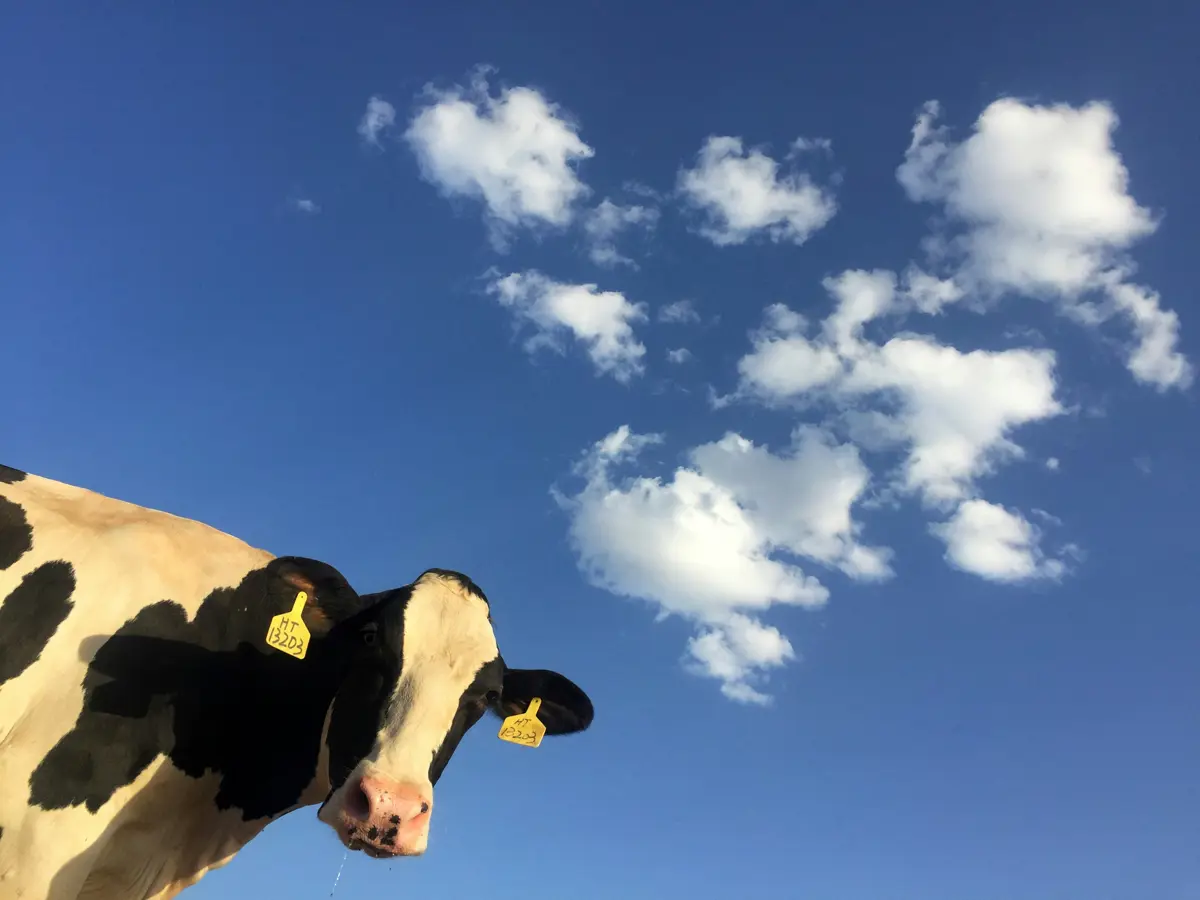-
Land Block Details

-
As climate change leads to more extreme weather events and long-term increases in temperature, milk yields, and milk properties can be affected.
The dataset - What is it?
Heat and humidity are combined into an index called the Thermal Heat index (THI). THI gives a value of how hot we (or cattle) feel. The dataset shows the number of days THI is over 72 throughout New Zealand. A THI of 72 is approximately 25.5 degrees and 50 % humidity and is the value at which milk yield has been shown to drop.
The map above shows the predicted number of days over 72 for the year 2040 in the highest emissions scenario. The dataset includes further scenarios.
Why it's important
Cattle heat stress = hot environment + humidity + metabolic process. As humidity increases animals reduce their ability to cool by transpiring. Cattle also produce heat in metabolism and lactating cows in milk production. To reduce their temperature cattle, reduce feed uptake and in cows, also reduce milk production. Feed growth may also be reduced due to the heat stress.
Knowing the effect of heat stress, operational changes can be made to minimize the effects on cattle. Site selection can be made to reduce the chance of critical THI being met often. Different breeds respond differently at different THI, making breed selection important, and coat colour within breeds. Other operation decisions include altering feed times to reduce metabolic heat and water spray.
-
-
How to use this information safely
-
Fitness for purpose / limitations
This table indicates whether the dataset is suitable for different types of questions at different scales.
Note: Users should carefully consider their purpose as this dataset may not be suitable.
Operational
Absolute
Relative
Screening/scoping
Block/farm
No
No
No
Maybe
Multi-farms(5+)
Maybe
Maybe
Maybe
Yes
Catchment
Yes
Yes
Yes
Yes
National/regional
Yes
Yes
Yes
Yes
Caveats
The climate information is too coarse for use at finer scales.
-
-
-
Please note:
You can use this information to help build an understanding of the potential impact of heat stress on the productivity and welfare of a dairy herd. However, you should do further research and/or seek advice from a qualified advisor before making land-use decisions.
Locate and explore different uses for your whenua
Tell us a bit about your whenua and priorities you and your whānau hold. Our tool will present some different uses for your whenua that may help you achieve these.

A new tab will open shortly and will take approximately 30 seconds to generate your PDF. Please Do Not close your browser.





